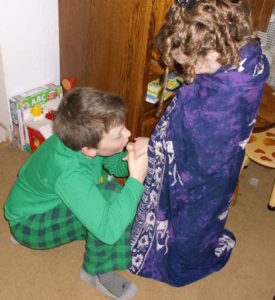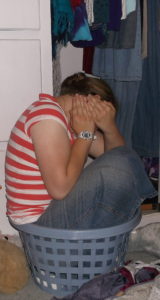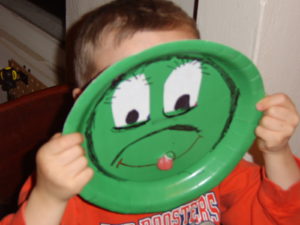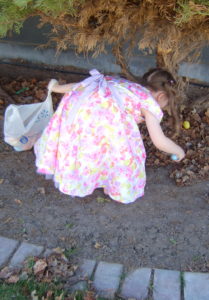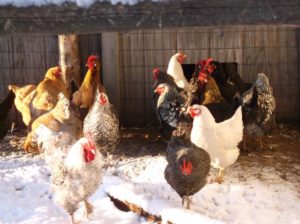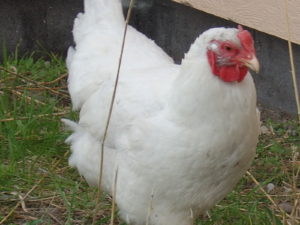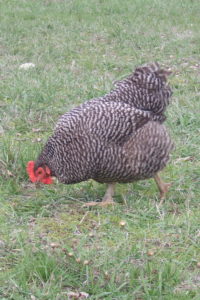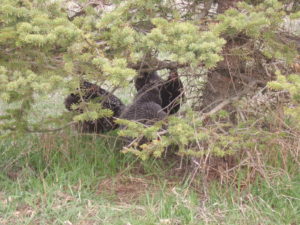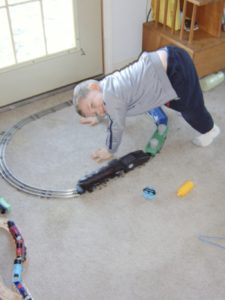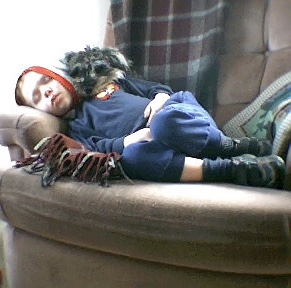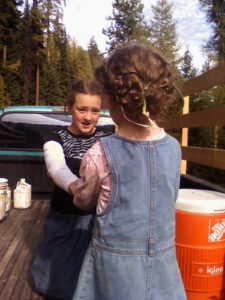
Forgiving another person is, perhaps, the most challenging thing we can do. We are all injured by the actions and accusations of others from time to time. When the other person admits what they have done, it is tempting to try to get revenge by withholding forgiveness. It seems that humans think that refusing to forgive someone holds up that person’s life. In reality, holding a grudge takes energy. We have only a certain amount of strength each day. We must make choices about how we will spend the power we have. When we choose not to forgive, we are choosing to expend a portion of each day’s energy to hold a grudge. We can become obsessed with whatever it is that we are refusing to forgive. When we become obsessed, we may find that we are using the majority of our strength each day to hold onto the past.
Forgiveness is an attitude of the heart. It is the decision not to pursue revenge against the person who wronged you. Failing to forgive is holding on to the past and wondering why you cannot make any forward progress in life.

Whether I am in the mountains or my driveway, I cannot wrap my arms around a tree and continue to walk away. Eventually, I must either stop moving away or release my grip on whatever it is I am holding. You cannot change the past. Forgiving those who have wronged us also helps to provide spiritual and mental health. Failure to release the past will hinder the present and prevent you from moving into the future.
When we give forgiveness, it does not mean that we enable bad behavior in others or ourselves. If I loaned someone money to pay their rent and then observed them use the money to eat in restaurants and buy toys while never paying the rent, I would not loan money to them again. I can forgive and still refuse to lend. Forgiveness does not mean that we get amnesia. Forgiveness does not mean that we help others self-destruct.
There is a significant difference between forgiving and trusting. If I hired you to mow my lawn on Thursday of every week, I would expect you to mow the lawn on Thursday each week. If I start getting a call each week saying you forgot to mow the lawn because you were too busy playing a game on your phone and asking for forgiveness, I will forgive you. I will not hold a grudge against you for forgetting, but I will not trust you to remember in the future.
Scripture presents us with many places where God extends forgiveness to humanity. The willingness to forgive is there on God’s part before we even ask to be forgiven. It seems that the natural response to being forgiven would be to extend forgiveness to someone who has wronged us.
The scripture tells about how Peter came to Jesus and asked about forgiveness. I am unsure if Peter thought he was generous by offering to forgive seven times or if he was looking for a legalistic limit on how often he would be required to forgive a person for the same offense.
Jesus gave his answer in the form of a story. A man had borrowed a large amount of money from his boss. The man was unable to repay the borrowed amount on the due date. His boss forgave the debt. The forgiven man then found another man who had borrowed just a small amount of money from him. This man who had just received forgiveness refused to overlook the small amount. The boss of the forgiven man then reinstated the debt because the man was so ungrateful that he refused to pass mercy on to others. Through this story, Jesus conveyed the idea that God has offered us forgiveness on such a grand scale that it is a sign of ungratefulness toward God when we fail to forgive. (Matthew 18:21-35) We all desire for others to extend forgiveness to us, but how well do we extend forgiveness?
Forgiveness is one of those things that tend to become more abundant when dispensed to others. The college I went to had a small pond on the campus. A tiny, sluggish stream supplied the water to this drainage area. A dam crossed the downstream outlet from the basin, making the water stagnant, stinky, and algae-filled. Thick black, stinking mud covered the edges of the pond. The problem with this pond was that it tried to hold on to everything that came into it. This retention included everything that died in this body of water and the vegetation rotting in it.
When we refuse to give forgiveness, we become like that pond. All of the hurts of the past stop healing and begin to become infected sores. Our lives and actions start to smell like rotting flesh. Preventing this from happening is accomplished by allowing forgiveness to flow from God through us and out to others. This streaming forgiveness washes the injuries of the past and permits them to heal. I have observed that it is the giving of forgiveness that begins the healing of the person forgiving.
As Christians, we attempt to live Christ-like lives. It is this patterning our lives after Christ that enables us to live in God’s shadow. Jesus Christ offered forgiveness before it was requested. While on the cross, Christ asked God to forgive those crucifying Him. Stephen, a leader in the early church, echos this call to forgive wrongdoers while they were still committing evil acts. (Acts 7:60) These examples suggest that living in God’s shadow requires us to give forgiveness.

